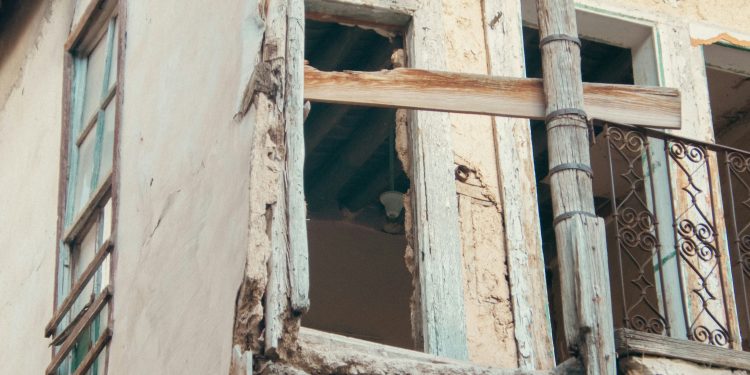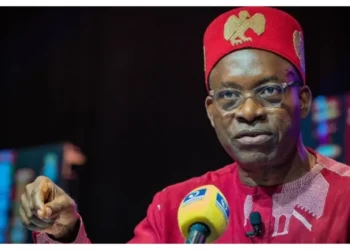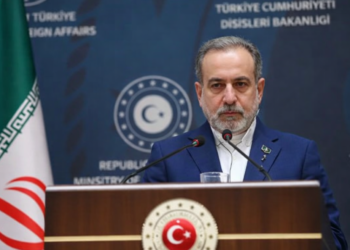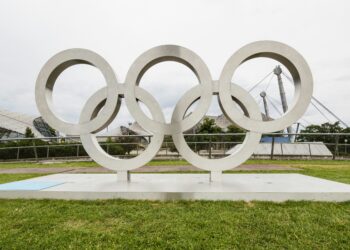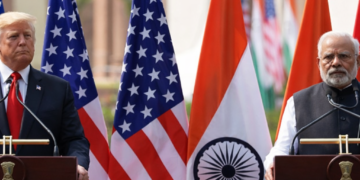Powerful Israeli airstrikes shook the heart of Damascus Wednesday, targeting sensitive government installations including the Syrian Ministry of Defense building and areas near the presidential palace. The bombardment, captured live on Syrian state television as anchors took cover, represents a significant escalation in Israel’s shadow war against the Assad regime. At least three civilians were killed and 34 wounded in the precision strikes, according to Syrian health ministry reports obtained by CNN.
Israeli Defense Minister Israel Katz proudly shared footage of the strikes, declaring “the painful blows have begun” against Syrian government positions. The Israeli Defense Forces (IDF) later confirmed in a press briefing they had specifically targeted military command centers in Damascus, continuing their campaign of airstrikes that began after the fall of the Assad government last December. While Israel claims its operations protect the vulnerable Druze minority, analysts suggest the strikes also serve Jerusalem’s broader objective of preventing Iranian entrenchment in Syria.
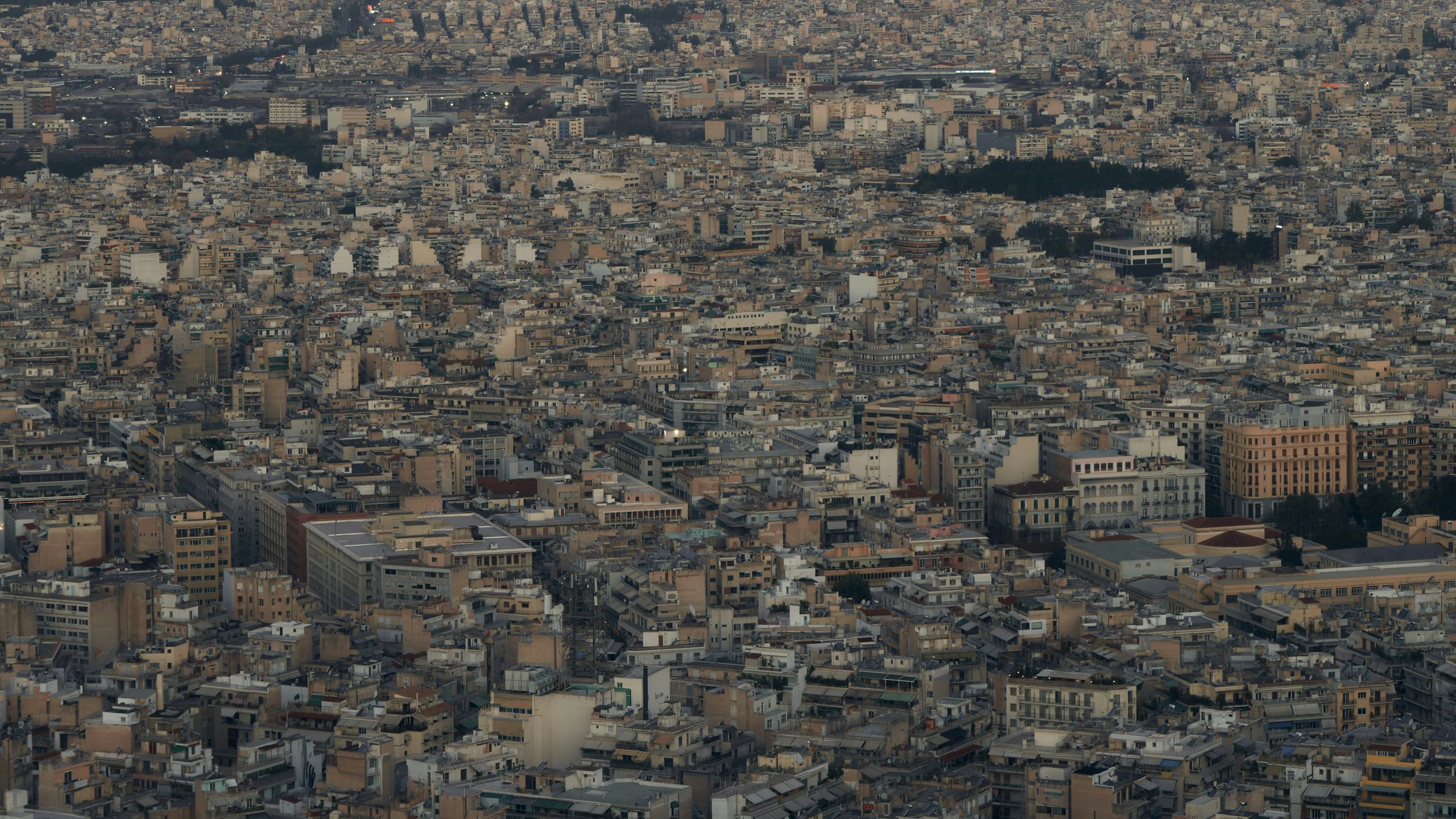
Druze Community Caught in Crossfire as Ceasefire Hopes Fade
The strikes come amid violent clashes between Syrian government forces and Druze militias in southern Syria’s Suwayda province. Though Damascus announced a new ceasefire agreement with Druze leaders Wednesday, the truce appeared stillborn as prominent Druze figure Hikmat Al Hijri immediately rejected it, calling for continued resistance. This follows the collapse of an earlier ceasefire within hours, highlighting the deep divisions within the Druze community and the Syrian government’s weakening authority.
Suwayda Descends Into Darkness as Infrastructure Collapses
Eyewitness accounts from Suwayda paint a dire picture of life in the embattled Druze stronghold. Local carpenter Fadi Hamdan described to CNN a city plunged into darkness with no electricity since Tuesday, severely limited communications, and intermittent water supply.
“The situation inside the city is dire,” Hamdan reported, placing full blame on Syria’s interim government for the humanitarian crisis unfolding in the traditionally peaceful province.
The crisis has spilled across borders, with social media videos showing hundreds of Druze residents from the Israeli-occupied Golan Heights allegedly crossing into Syria to support their embattled brethren. Israeli Prime Minister Benjamin Netanyahu issued an urgent appeal to the Druze community Wednesday, pleading with Israeli citizens not to cross the border into the warzone. The mass movement underscores the powerful transnational bonds of the secretive religious minority scattered across Syria, Lebanon and Israel.
US Expresses Alarm as Regional Tensions Escalate
The United States voiced deep concern over the escalating violence, with Secretary of State Marco Rubio confirming active diplomatic engagement with all parties. “We’re very concerned,” Rubio stated, acknowledging Washington’s delicate position as it simultaneously seeks to maintain pressure on the Assad regime while preventing full-scale regional conflict. The strikes come despite recent US efforts to ease Syria’s international isolation, revealing the complex geopolitical calculations surrounding the decade-long Syrian conflict.
Who Are the Druze? The Secretive Sect at Center of Syrian Unrest
The current violence spotlights the Druze, an enigmatic offshoot of Islam numbering about one million across the Levant. Concentrated in Syria’s southern provinces near the Israeli-occupied Golan Heights, the Druze form a majority in Suwayda province. Their unique religious practices forbid conversion or intermarriage, while their political loyalties remain divided between Syrian government supporters and independent militias. This religious minority now finds itself at the epicenter of a dangerous regional power struggle involving Israel, Syria, and international actors.
Historical Grievances Fuel Current Conflict
The roots of current tensions trace back to Israel’s annexation of the Golan Heights in 1981, which placed about 20,000 Druze under Israeli control. While some have accepted Israeli citizenship, others maintain strong ties to Syria. The recent border crossings suggest these historical divisions may be giving way to pan-Druze solidarity as the community faces existential threats in Syria’s chaotic postwar landscape. With no durable ceasefire in sight and Israel promising further strikes, the Damascus-Suwayda corridor has emerged as the latest flashpoint in Syria’s dragged out conflict.

